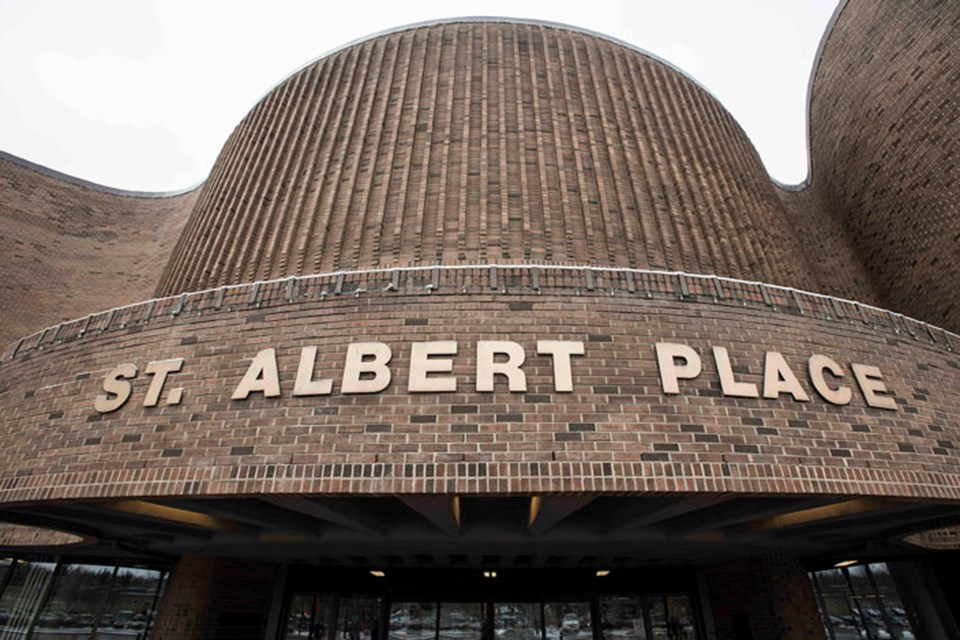Proposed changes to how city council governs has one councillor worried residents would have less of a voice on municipal issues.
Council discussed the potential changes during a committee meeting Oct. 15. Twenty-three proposed changes will come forward Monday as part of a motion from Coun. Jacquie Hansen, which includes reducing the frequency of council meetings, eliminating council's main committee meeting and forming two standing committees each comprised of half of council.
City administration brought forward its own governance report and recommendations Oct. 15, many of which coincided with Hansen's ideas.
Coun. Sheena Hughes expressed concern the proposal is "short-sighted," and was particularly opposed to the proposed structure of the standing committees.
“If the system isn’t broken, why are you trying to change it? Especially when you’re changing it to decrease the voice of the people and you’re trying to make sure proper representation is happening and it’s not going to be happening,” Hughes said in an interview.
Administration suggested in its report there is currently nothing wrong with how council operates, but improvements could be made. Legal and legislative services director David Leflar told council the standing committee structure can "work poorly" in a council that "does not have a greal deal of confidence" in each other.
"From what I’ve seen on this council, I think that trust is there and I think you work great as a team," he said.
Hughes said there needs to be a recognition that not all councils will get along.
Mayor Cathy Heron said she is supportive of making the switch to standing committees, noting that is the direction most Alberta mid-sized cities are going.
“I understand some of the fears. Number one, change is always hard, and people don’t like change,” she said in an interview. “What’s working seems to be working, but that doesn’t mean we can’t make it better.”
Under Hansen’s proposal, one committee would be dedicated to environmental, social and housing matters. The other would handle infrastructure, economic development and transportation/transit. Councillors would have a chance to sit on each committee for a term of two years, upon the recommendation of the mayor.
Coun. Ken MacKay said the standing committees are separated into “soft” and “hard” issues, adding he sees an imbalance in one committee driving council’s agenda while the other would take a back seat.
MacKay said he has concerns with the proposal, including the sharing of information between committees, which administration said would be the responsibility of committee chairs. MacKay added he would not be able to support any governance changes until questions around terms of reference of the committee, reporting and clarity of roles and responsibilities are cleared up.
“Until these basic questions are answered, I think we risk creating frustration and possible trust issues,” he said in an email. “This is concerning as I believe that council has worked very well together this term. I would not want to jeopardize this relationship without some demonstrated need or a clear plan for moving forward.”
Chief administrative officer Kevin Scoble said the standing committees would act as “quality control” for what ends up on council meeting agendas.
“If the committee is not behind (a report), it’s not going to council, right. So it’s a vetted report that’s coming forward,” he said.
Hughes said this vetting of items makes an assumption that half of council would always be capable of making decisions that are agreeable to the other half of council, which is “short-sighted, presumptuous and inaccurate.”
“I do not expect my voice to be the same as the other six people on council, but I would like to have my voice to be able to be heard because that is what I was elected to do, and that’s not what is going to be occurring,” she said.
If council votes in favour of the changes on Monday, they could take effect as early as Nov. 4. Administration said it would have the necessary bylaws and amendments prepared for that council meeting.



